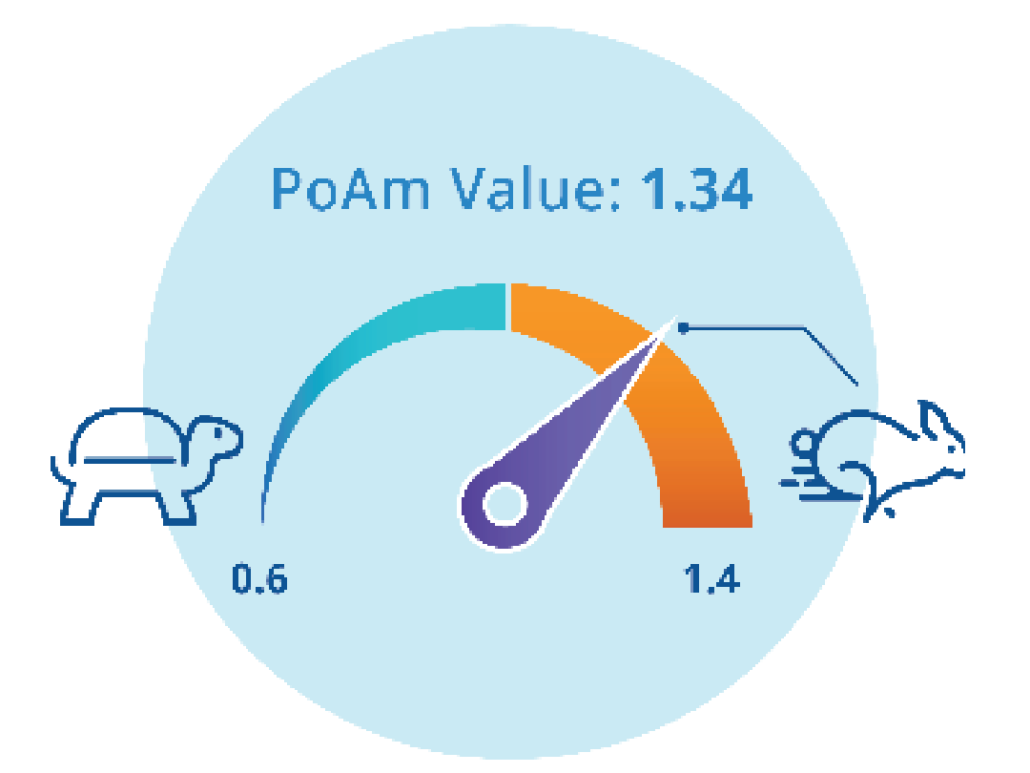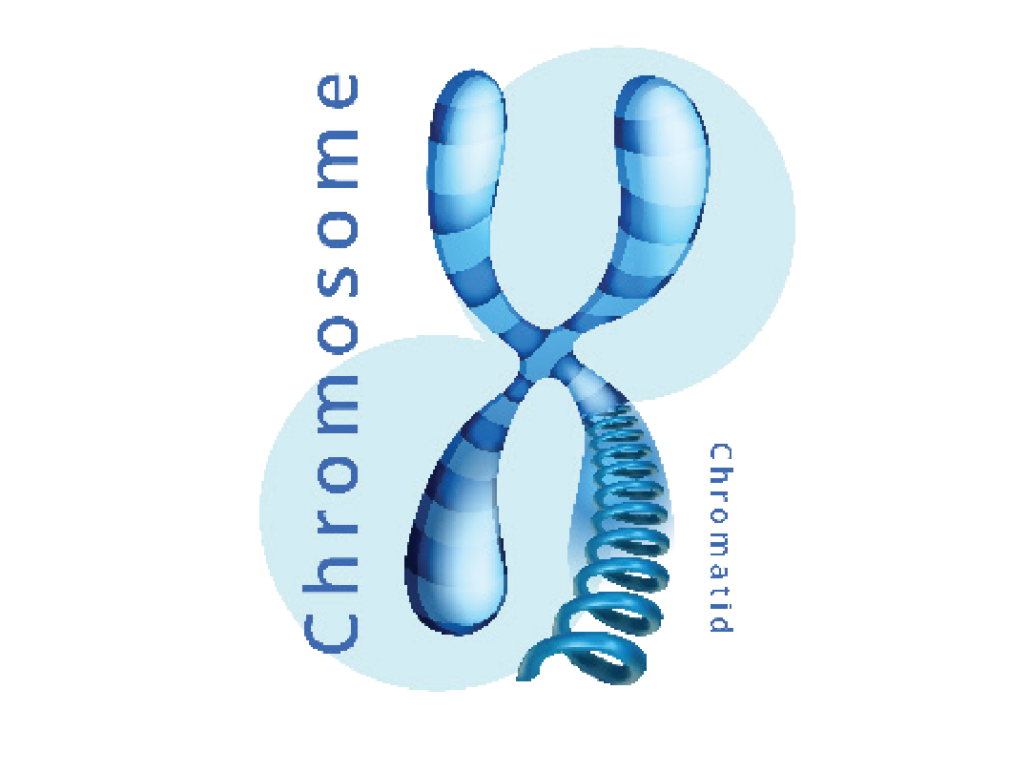Sample Required: Blood | Test Type: Genetic
TruAge™ offers the most comprehensive insights into ageing, via an easy-to-collect blood spot test kit.
Whether your patients are looking to extend their longevity or optimise their current health – TruDiagnostic™ tracks ageing, giving you and your patient the information to manage it.
Once TruDiagnostic™ know the methylation patterns on your DNA, they run those values through advanced algorithms created with the help of machine learning and decades of research.
TruDiagnostic™ have one of the largest private epigenetic databases in the world, with over 13,000 patients tested to date. By collecting important covariates via an in-depth patient questionnaire, they’ve created a state of the art biological age predictor. Building on science already in the literature, they have used their large database to create a highly accurate biological age model with a high correlation value to age (r=.98).
The DunedinPACE is a one-of-a-kind algorithm created by researchers from Duke, Columbia, and the University of Otago. Building the data base took the international team five decades by tracking biological changes in the bodies of 1037 volunteers from their birth in 1972. It is the only ageing measure so far that is trained on biological change.


Telomere attrition is one of the 9 hallmarks of ageing. However, telomere length has not always been very predictive of the outcome of disease. TruDiagnostic’s™ algorithm measures DNA methylation of telomere length, which has been shown to be more predictive of many types of conditions such as death, coronary heart disease, and congestive heart failure.
